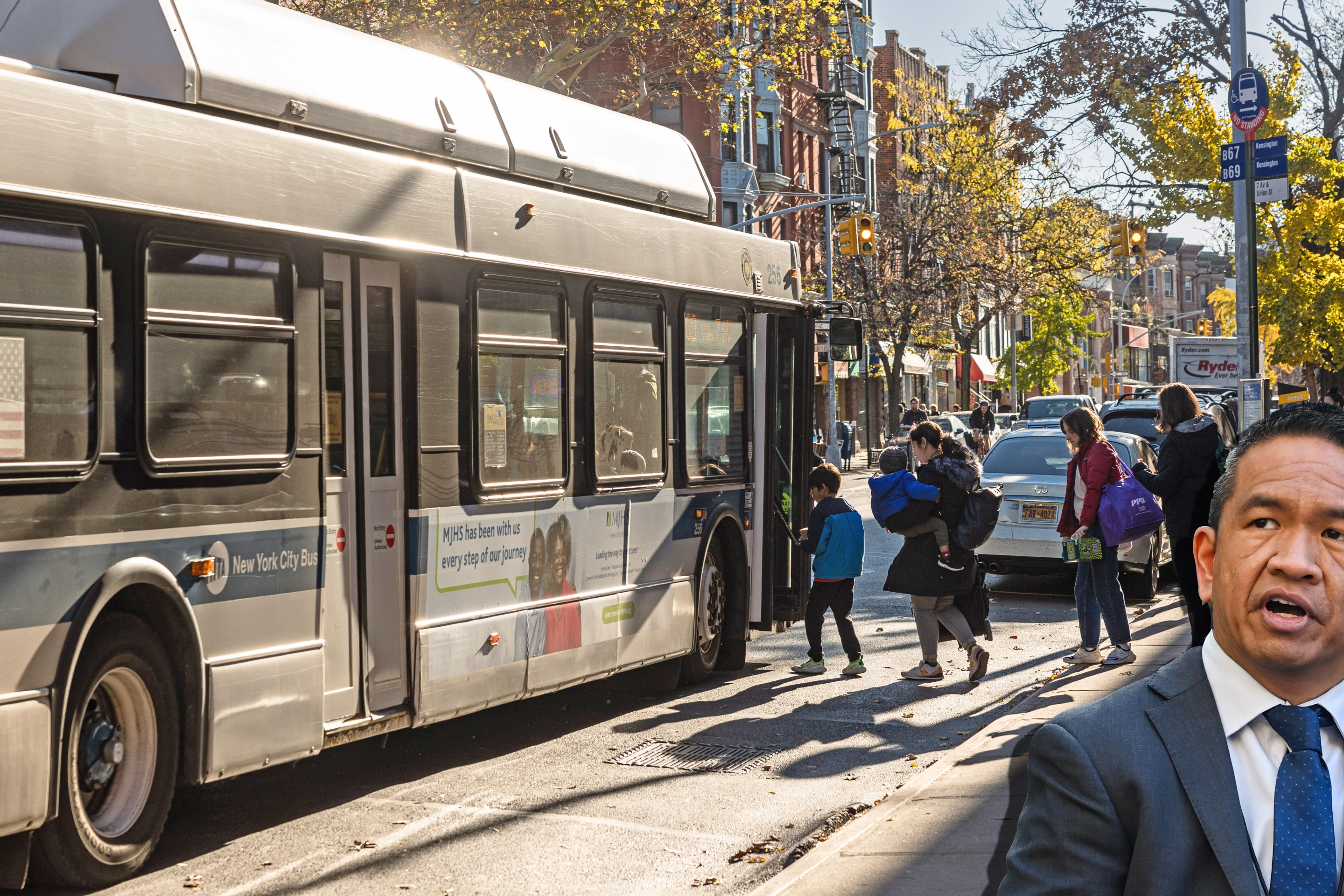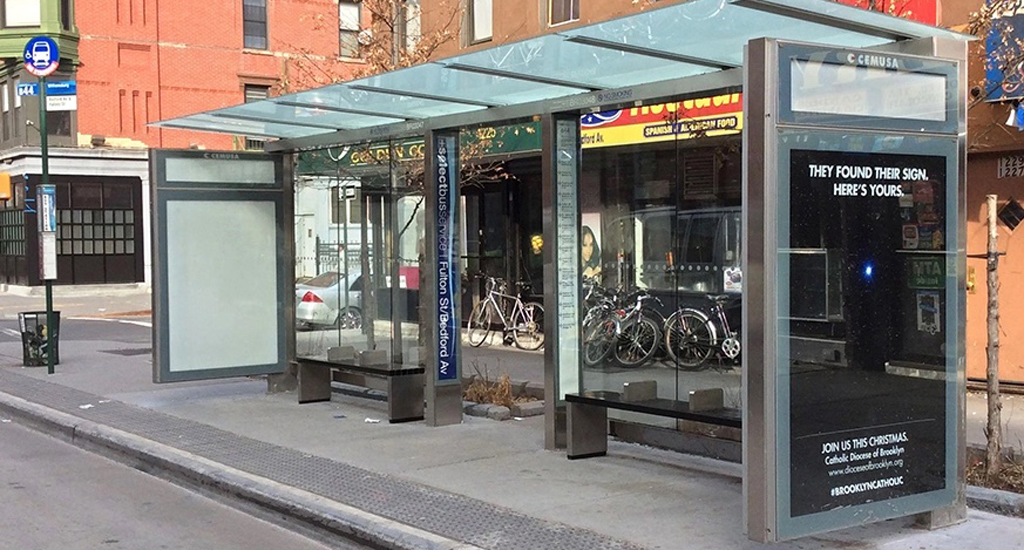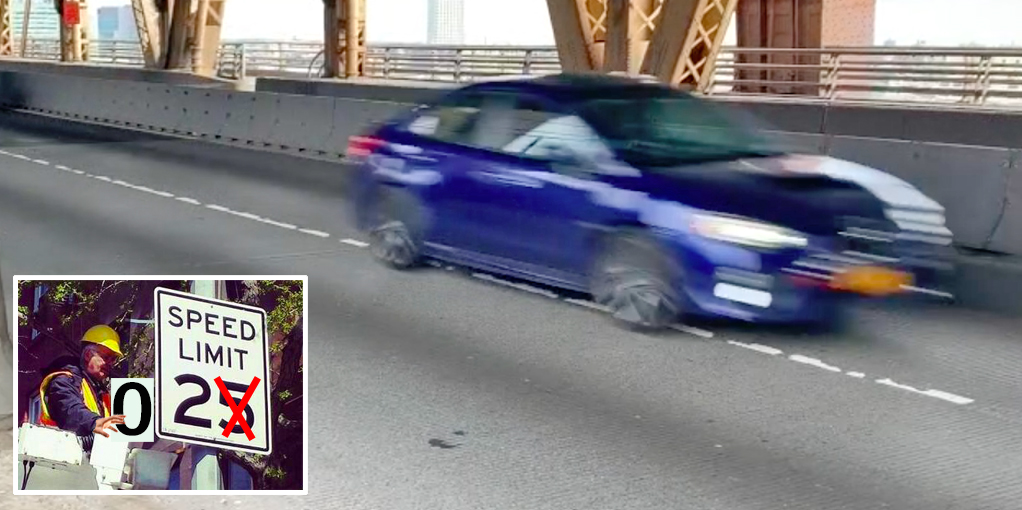America's oil addiction is readily acknowledged, even by its biggest enablers. But what is the nation actually doing to kick the habit and embrace a safer, healthier, more realistic energy future?
An attempt to answer that question was released Tuesday [PDF] by the National Resources Defense Council (NRDC), which has ranked the "oil vulnerability" of the 50 states for three years running.
On its face, the list is unsurprising: Mississippi remains in first place, with the average driver spending more than 9 percent of annual income on gas, while Massachusetts, New York, and Connecticut were rated the least oil-dependent states. Yet NRDC's analysis also offers some instructive tidbits:
- New York is the overwhelming leader in transit -- but not much else. The state dedicated 41 percent of its federal transportation money to transit as opposed to roads in 2007, making it the benchmark by which NRDC measured all others. Yet that was only enough to hit No. 6 on the overall scale of sustainable energy use, thanks to the state's lack of a low-carbon or renewable fuel standard, action on smart growth, and incentives for hybrid vehicles.
- New Jersey's transit spending may not be getting through to some of its drivers. The state ranked second behind New York with 30 percent of transport cash used on transit, but the state's average driver spent $2,286 on gas last year compared with $1,654 in New York. It's not due to a high state gas tax; New Jersey's is one of the lowest in the nation.
- Capitol Hill can set the pace for reducing vehicle miles traveled (VMT). Only six states have set targets for shrinking their VMT, a goal that Transportation Secretary LaHood has called essential to fighting climate change. Without congressional passage of legislation making VMT reduction a national priority, it's difficult to see a majority of states taking action individually in the near term.
- Reputations may be deceiving. Georgia, where all but 23 of 5,400 DOT employees focus on roads, saw its federal transit grants frozen this month due to financial mismanagement and spends less than 7 percent of its transport budget on transit. But the state ranked 17th on NRDC's list, just ahead of Minnesota -- the progressive-leaning home of House infrastructure committee chairman Jim Oberstar.





